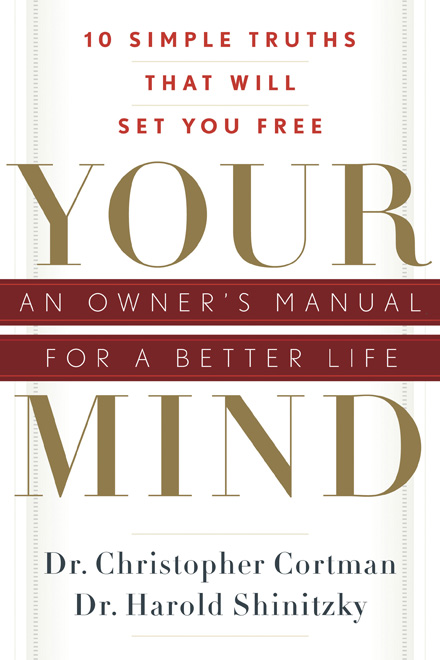
Table of Contents

Acknowledgments
Chris: Thanks to Dr. Jill Scarpellini, for your insights and contributions to the 10 Truths; Stephanie, for your love and unyielding support; Shaina, for voluntary editorial contributions; Peggy and Debby, for clerical excellence; Laurie Rosin, for editorial insights; Principal Candace Millington, for believing in our vision to make the 10 Truths a staple in the schools; and to family and friends, too many to mention by name. Most of all, to 4-year-old Cameron and baby Melina, the loves of my life, who inspire me daily to be the best man I can be.
Harold: Thank you to my family for their lifelong love and support, and to my friends for their encouragement and belief. Id also like to express my gratitude to my Johns Hopkins University School of Medicine family, Drs. Schretlen, Edwin, and Brandt, and Drs. Adger, Oski, Wilson, and Joffe, for their encyclopedic knowledge, exceptional clinical acumen, and passionate desire to be the best role models anyone could hope for. They set the bar high and expect nothing but the best from those whom they mentor.
Both of us would also like to thank Dottie, for her ongoing reviews; Betsy Steiner, for her vision and partnership; Bruce Wexler, for his editorial expertise; our agent, Pilar Queen, for her support, publishing industry acumen, and belief in the book; and Michael Pye, Adam Schwartz, and all the other great people at Career Press, for turning the manuscript into an even better book.
Lastly, we would like to thank each and every one of our patients and their family members. This book has evolved from our interactions and would not be possible without them. It has been an honor to help make a difference in their lives.
Introduction
How well do you understand how your mind works?
The odds are you possess a better understanding of how your car works. You probably have a much better sense of how your computer functions. And, if youre like most people, you are more knowledgeable about other parts of your bodyfor example, you probably know why your knee is chronically sore, or how exercise affects your heart rate.
For a long time, weve depended on therapists to tell us about our minds. To a certain extent thats fine. As psychologists, weve undergone extensive training to help our patients, and weve had more than 40 years of combined clinical experience on a wide range of issues. Perhaps even more important from a communication perspective, both of us have worked in the media, interpreting psychological issues for lay audiences. This is part of what we offer in this book. But theres no reason that people cant also help themselves. In fact, our patients who grasp the principles discussed in this book tend to get better faster than those who dont grasp them.
Even if youre not intherapy,these principles can assist you in all areas of your life.If you understand how your mind worksif you know why you feel inexplicably sad at certain times or why you seem to sabotage certain types of relationships, for exampleyou can help your self in many ways, including:

Healing from an emotional trauma in your past.

Learning how to establish and maintain more rewarding relationships.

Dealing more effectively with problems at work.

Managing and minimizing addictive behaviors.

Finding more happiness and meaning in your life.
We made it our mission to research what the key psychological principles are, and then communicate them in a way that would make them useful for readers. To that end, we created our own list of what we thought were the most important ideas about the mind and then talked to other therapists to get their feedback. We also relied on our extensive experience working with patients on a wide range of issues.
The result of our work has been identifying 10 psychological principlesthe 10 Truthsyoull find in the following pages. (We decided to call them truths because principles sounds too academic and forbidding.) Plus, as youll discover, these really are Truths about how the mind works. An ounce of prevention is worth a pound of cure, and these Truths will protect you from many of the mistakes you currently make because you lack sufficient knowledge about your mind.
The 10 Truths and How You Can Use Them
In a moment, were going to provide you with a list of the 10 Truths. Before reading them, we want you to understand that this isnt a definitive list by any means. Another psychologist might create a somewhat different set of Truths20 Truths instead of 10, or the Truths would be worded differently. In addition, these Truths arent the result of a recent breakthrough study; many therapists are aware of these principles but have just never crystallized them in this form. Still, we believe this is a representative, highly therapeutic list, a distillation of some of the most critical and useful psychological concepts:
| Truth #1: | Emotions are not mysterious visitors; they can be identified and understood. |
| Truth #2: | You can change your compulsive behaviors if you change your thoughts and address your feelings. |
| Truth #3: | Every behavior has an underlying purpose, and its not always what we think. |
| Truth #4: | We all sabotage ourselves unless we confront our internal saboteur. |
| Truth #5: | All behavior requires permission so we must learn what were permitting ourselves to do. |
| Truth #6: | Emotional energy is finite and needs to be invested, rather than wasted on wishing, worrying, and whining. |
| Truth #7: | Our relationships depend on self-empowerment and not on enabling others. |
| Truth #8: | Ego boundaries protect us from rejection, insult, and intimidation. |
| Truth #9: | You can trust people to be who they are, not who you want them to be. |
| Truth #10: | Time doesnt heal all pain; we heal ourselves by learning how to let go. |
Some of these Truths may seem counterintuitive at first glancefor example, you may doubt that you sabotage yourself. Others may appear right on the mark, but youre unsure how to capitalize on themfor example, how do you create an ego boundary? Be assured that well help you understand their validity as well as how to apply them in your own life. For now, though, think of them as a type of psychological shorthand. If you ever wished for a manual that could help you understand your life, here it is. Too often, self-improvement efforts fall short because the methods used are overly complex and time-consuming or overly simplistic. These Truths offer a fast, comprehensible way to heal, solve problems, and find happiness.
Next page



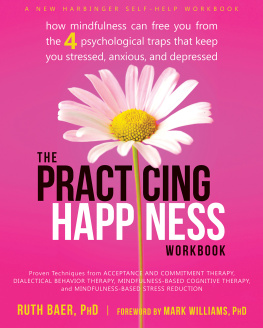
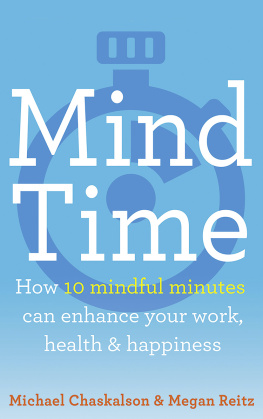
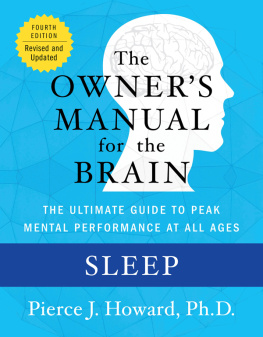
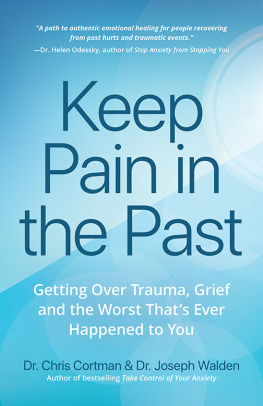
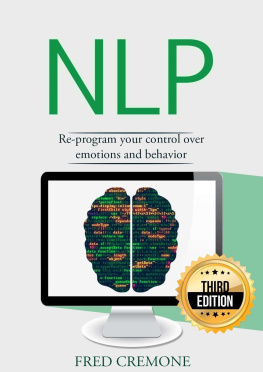
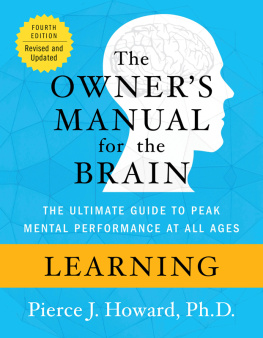




 Healing from an emotional trauma in your past.
Healing from an emotional trauma in your past. Learning how to establish and maintain more rewarding relationships.
Learning how to establish and maintain more rewarding relationships. Dealing more effectively with problems at work.
Dealing more effectively with problems at work. Managing and minimizing addictive behaviors.
Managing and minimizing addictive behaviors. Finding more happiness and meaning in your life.
Finding more happiness and meaning in your life.